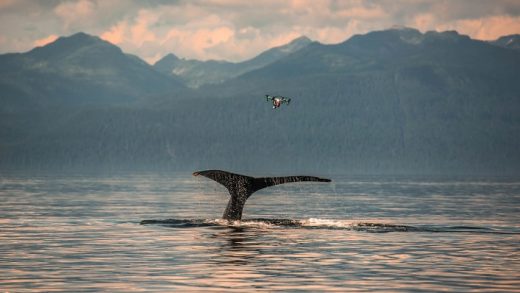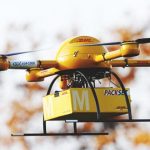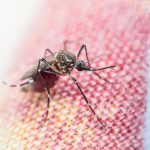How Drone Technology Is Helping Scientific Wildlife Research In The Arctic
October 4th is World Animal Day, and to mark the occasion Intel is talking about its involvement in wildlife and environmental expeditions, powered by its emerging artificial intelligence and drone technologies to develop innovative methods to capture, process and analyze information about the behavior patterns of wildlife, and what they can tell us about our environment.
In a new brand video, we meet wildlife photographer Ole Jørgen Liodden and his organization Polar Bears & Humans Project, using drones to hover over glaciers in the arctic ocean, locating polar bears and monitoring their movements.
Another partnership is the Snotbot Project in collaboration with Parley for the Oceans and the Ocean Alliance to advance whale research that will help researchers better understand ocean health and broader impacts of climate change.
The “Snotbot” collects the blow, or snot, exhaled from whales as they surface to breathe, which is rich with biological data, including DNA, stress and pregnancy hormones, viruses, bacteria and toxins. Collected samples are sent to researchers on ships at a safe distance from the whales, then the data is sent to machines running Intel Xeon and Movidius technology with machine learning algorithms that help identify a particular whale through pattern-recognition, and assess its health in real-time using techniques such as volumetric measurement.
Intel’s vice-president of global marketing Alyson Griffin says there is a lot of fear around AI, but that AI has incredible potential to positively transform business and society. “We want to begin to change perception of ‘machines taking over’ and demonstrate that they are used effectively today for generating insights that more efficiently run businesses, advance healthcare, and more,” says Griffin. “Technologies such as drones and artificial intelligence are being used to address old problems in entirely new ways in industries from agriculture to manufacturing, healthcare, financial services and many more. It’s important for our business, but it is also important as we look to at the impact technology can have to better society.”
Fast Company , Read Full Story
(26)














